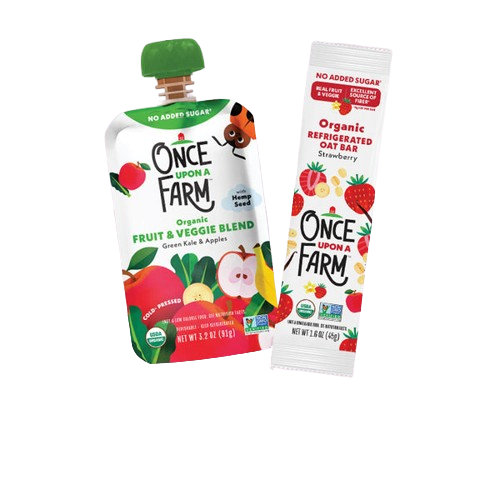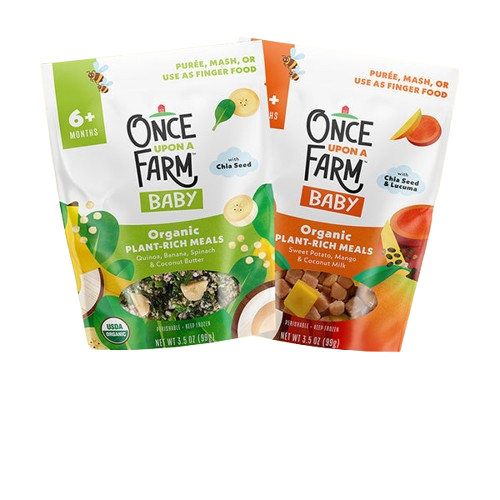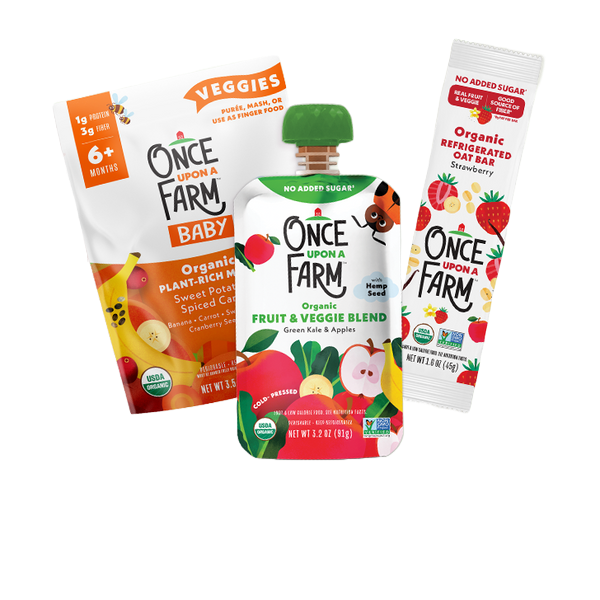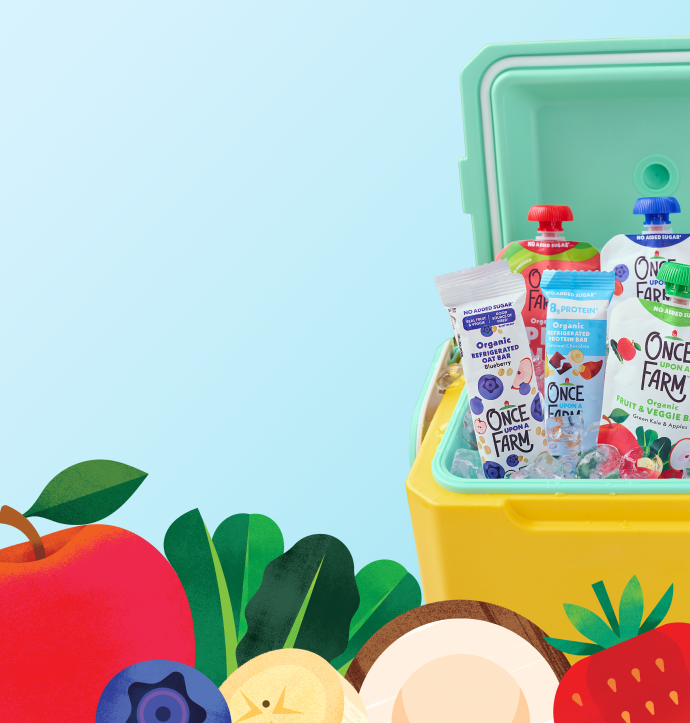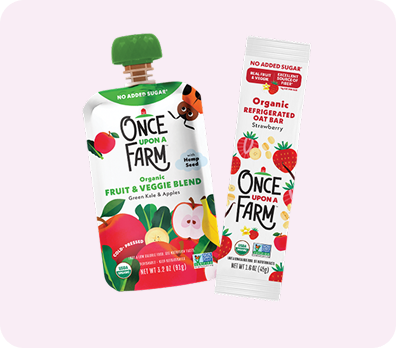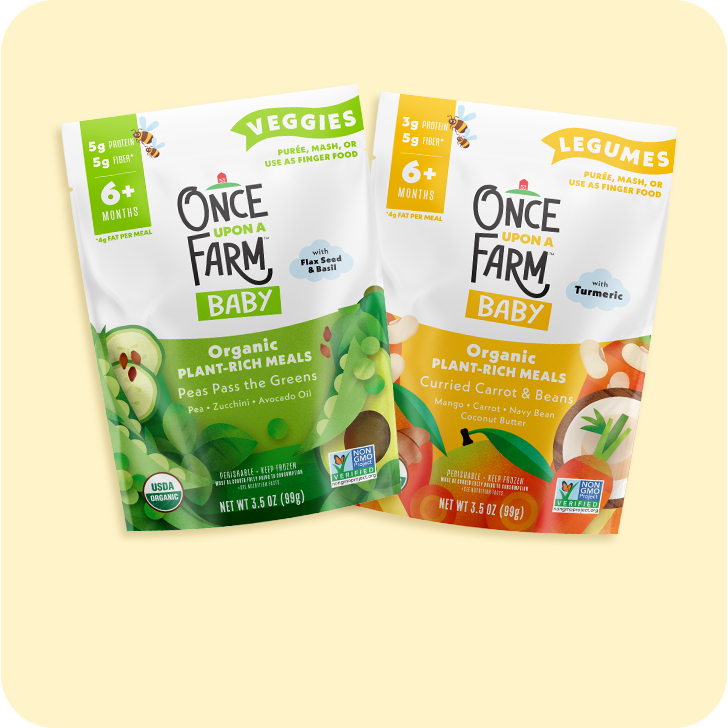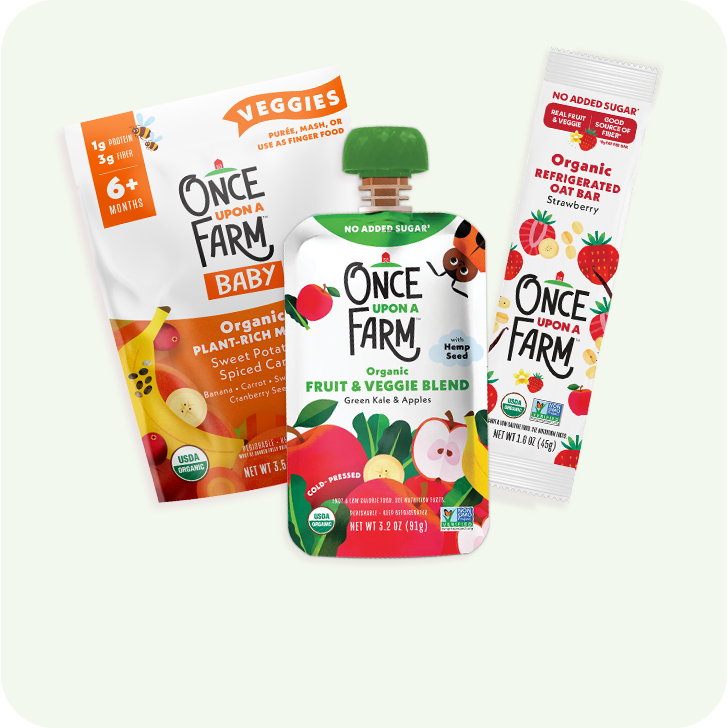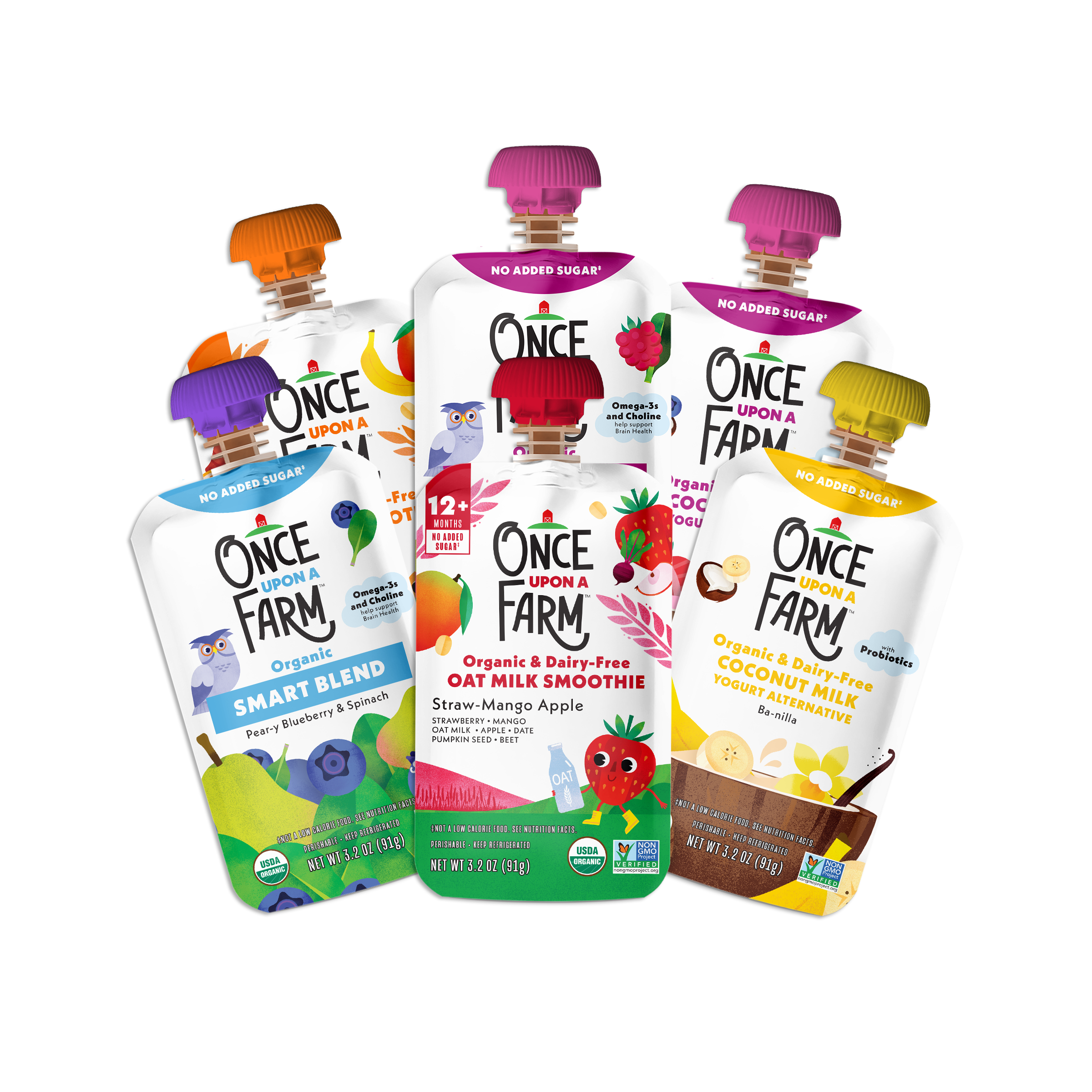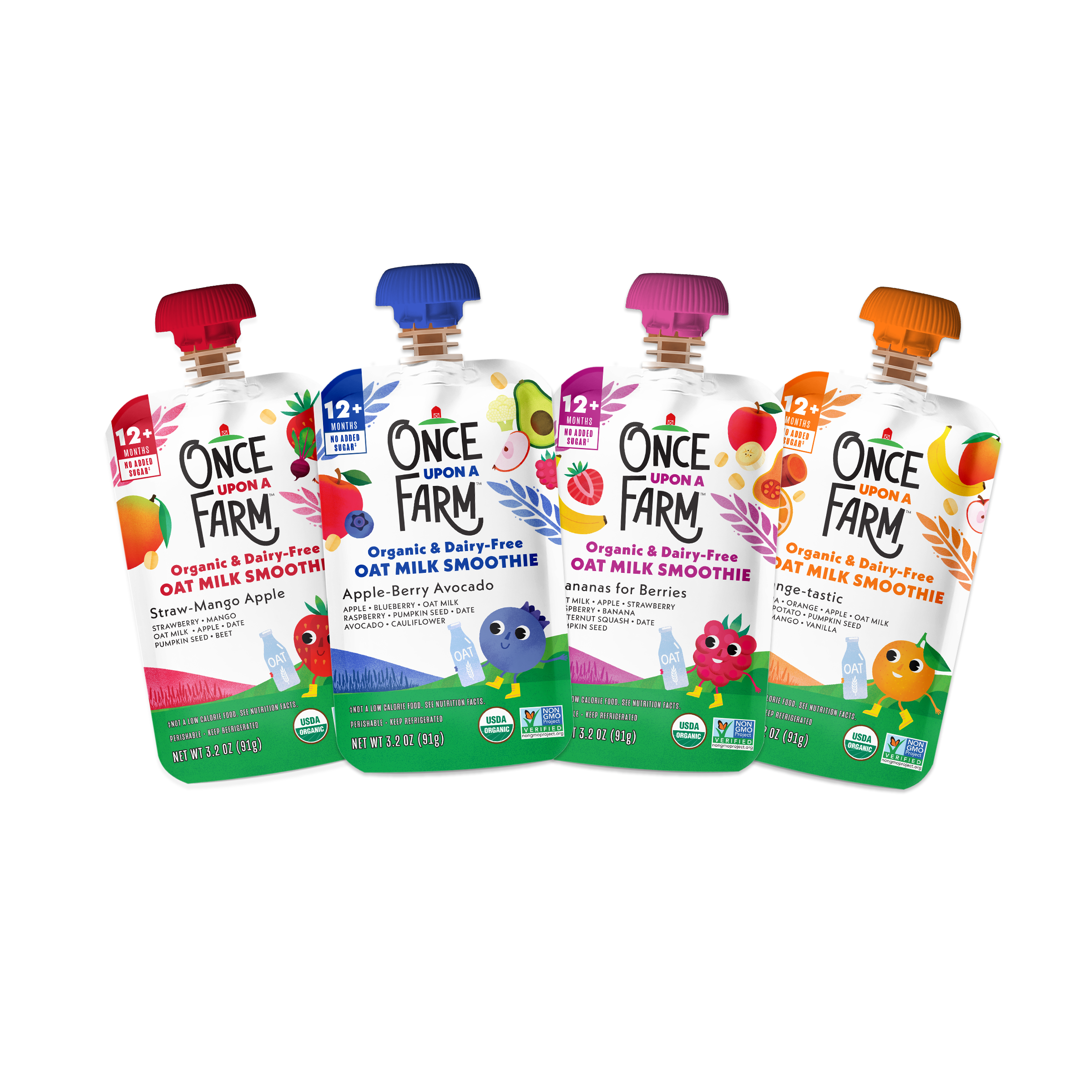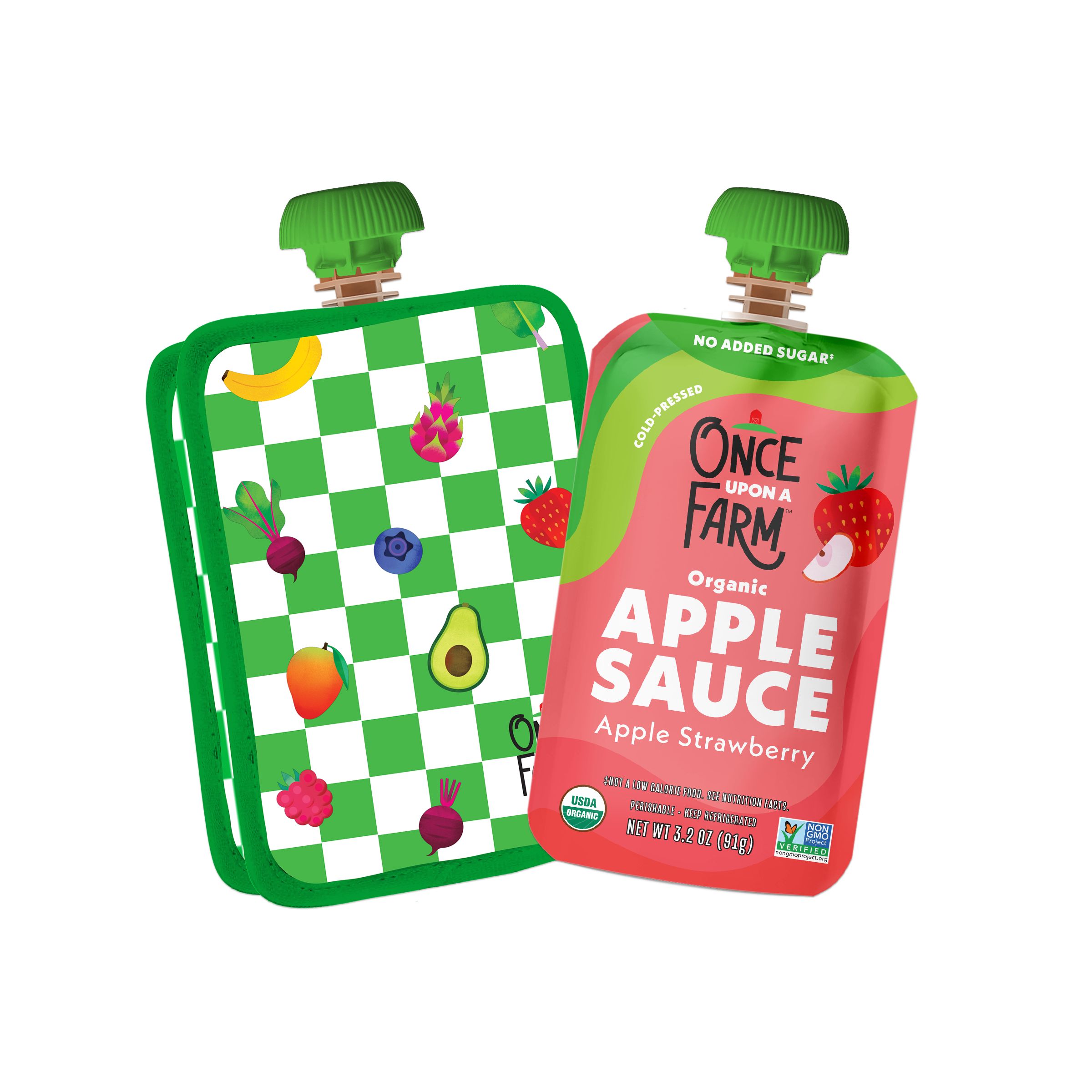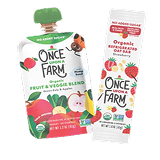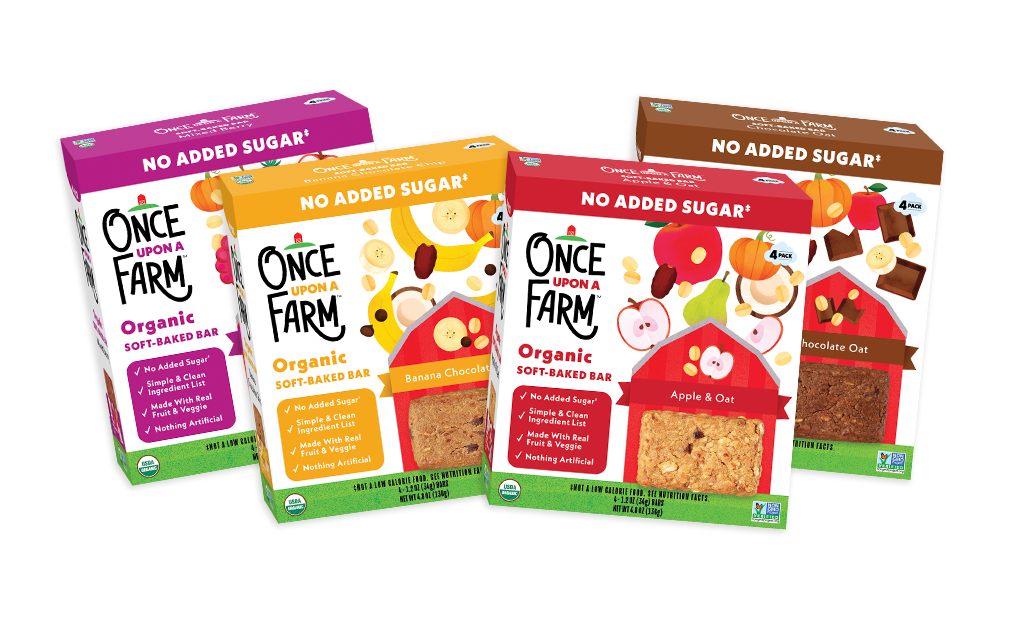Note: This blog is not medical advice and is for informational purposes only. Please refer to your child’s healthcare provider with any specific recommendations or concerns.
You know the routine: you offer a meal, and your kid wants a snack. Maybe you give in because of course you want them to eat, but then a pattern begins and your little one starts making big demands for snacks at every mealtime.
Or maybe snacks aren’t a meal replacement in your household, but your child’s hunger outside of mealtime is just insatiable. All day long, they’re rummaging through drawers and cabinets for snacks on snacks on snacks.
What do you do?
Why Kids Might Constantly Ask for Snacks
It’s no secret that snack foods can seem more exciting to kids (and adults, too). That’s because they’re made to be, right? From the packaging to the flavors and ingredients, they’re designed to be desired. Plus, they’re predictable and, as Kacie Barnes, MCN, RDN, LD shares, “kids like the predictability of snacks when they are hungry.” After all, “a blueberry can sometimes be mushy, or tart, while a cracker is always a cracker.”
If you notice your child asking for more snacks than usual, they could also just be hungrier. Barnes says, “they could be experiencing a growth spurt and need an increase in calories.” However, they may also not be eating enough during meals and need more calories to fill up.
Interestingly, Barnes also points out that, while some people think that asking for certain foods signals a nutrient deficiency in the body, “there isn’t good research to indicate a link between specific food cravings and nutrient deficiencies.”
Is There Such a Thing as Too Much Snacking?
For Barnes, the answer is yes. That’s not to say a child is eating too much if they snack often because they may be hungry. “However, if snacking is taking away from mealtimes—aka your child eats 5 snacks a day and will hardly touch anything on their plate at mealtimes—then it can become a problem,” she says. Put simply, too many snacks or snacks too close to meals is going to make them not hungry for the meal. “That will likely make them miss out on some valuable nutrients that are hopefully served in balanced meals,” Barnes says.
This doesn’t mean no snacks before dinner, necessarily, but “being appropriately hungry for mealtime is actually a good thing.” Barnes tries not to serve snacks at least an hour before dinnertime, unless it’s just fruits and/or veggies. “Sometimes veggies are less likely to get eaten off a kids’ dinner plate,” she says, “but if they’re hungry beforehand and some cucumber and bell pepper would fit the bill, then that’s a great pre-dinner snack that shouldn’t fill them up too much before the meal.”
Barnes also points out that “distracted snacking also often leads to too much snacking.” Most of us can admit we’ve finished off a big bowl of popcorn during a movie almost without realizing it—this happens for kids, too. Barnes recommends eating without distractions as often as possible so they tune into hunger and fullness cues.
Related Reading: How to Help Kids Develop a Healthy Relationship With Food
How To Tell if Your Kid Is Actually Hungry
Kids may ask for snacks when they are bored—not hungry, Barnes shares. If you’re wondering if your little one is actually hungry, she has some helpful cues to look out for:
- Behavior: While being whiny doesn’t necessarily cue hunger, Barnes says that when your kiddo is truly hungry, you’ll likely notice some crankiness.
-
Speed of Eating: If your child is eating faster, it usually signals hunger, as they are eating to feel satisfied.
- Acceptance of a Wider Variety of Food: If they’re offered several foods and they don’t seem interested until a snack comes along, your child is likely not that hungry. “Adults can relate to this one, too,” she says. “If you’re not super hungry, you may still eat a handful of chips if it’s sitting on the table, but you probably won’t eat a kale salad.”
If they’re asking for snacks, and it’s not snack time, and you don’t think they’re starving,” says Barnes, try redirecting them to a different activity to see if that helps curb the “hunger.”
Encourage your child to communicate their hunger and fullness. Barnes adds that “it’s helpful to model by saying things like, ‘I didn’t finish all my dinner but my belly is full and happy so I am done eating now.’ Or, ‘I finished my whole plate but my belly is still asking for more food! I’ll have some more, until I’m full.’"
What To Do if Your Kid Only Wants Processed Snacks
“Packaged snacks are not all bad,” Barnes says. However, there are some packaged snacks that are more nutritious and filling choices than others. If your child only wants processed snacks, ensure you are checking the ingredients, including looking out for minimal amounts of added sugar (Barnes looks for 6 grams or less). Additionally, she looks for packaged snacks that have some fat, some protein, and/or some fiber so they’re satisfying and energizing. “If a packaged snack has most or all of those things, then it's a big win in my book!” she says. “Just because something comes in a package or is processed doesn’t mean it's unhealthy.”
How To Implement a Healthy and Balanced Snacking Schedule
“A good rule of thumb is 3 meals and 2 snacks per day,” Barnes shares. Your child may need or want an extra snack, sometimes at bedtime, or if your child is extra active. “There is no one-size-fits-all for schedules,” she says. She also recommends against free reign of the snack drawer. “Kids need our help—especially in the earlier years—to help develop these habits and hunger cues. Grazing all day is counterproductive to that.” As Barnes explains, parents determine when and what is served for meals and snacks, which means you have the power to create healthy schedules and expectations around food.
When to Contact a Pediatrician or Registered Dietitian About Snacking Habits
Barnes always recommends parents reach out to a registered dietitian with questions or concerns about their child’s eating habits. “There are lots of great pediatricians and many who do have some good nutrition knowledge,” she notes, “but when you’re struggling, it helps to see a specialist.” Registered dietitians will be able to provide guidance and help to develop a plan and create eating habits that work for your family/child and get your little one what they need.
In short, snacking can be great—who doesn’t love a snack?—but it’s about finding a balance, establishing a routine, and prioritizing snacks that have nutritional value.

